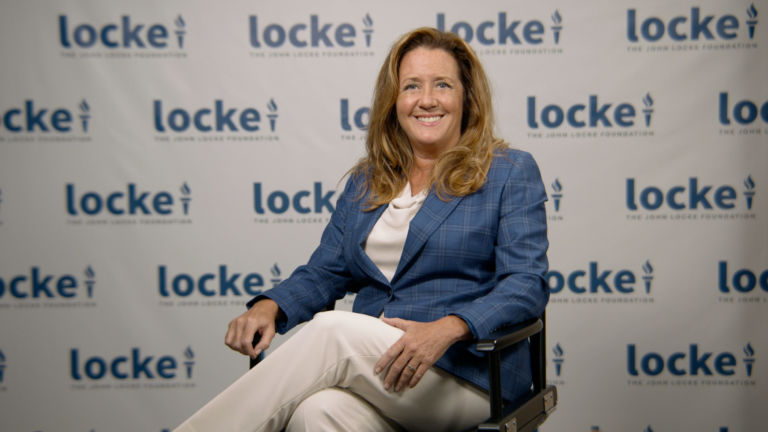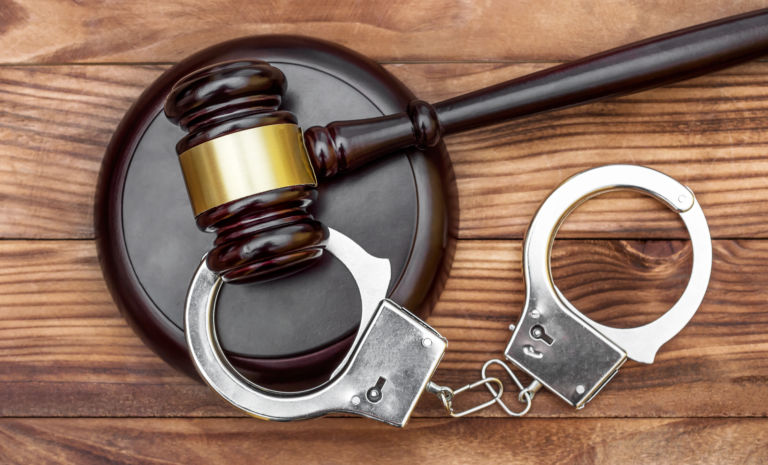Carolina Journal’s Lindsay Marchello reports on a panel at Campbell Law School that addressed new ways to solve conflicts in the criminal justice system and in disciplinary situations in K-12 schools.
The focus of the panel was on restorative justice, which emphasizes bringing victims and offenders together to resolve conflict rather than prioritizing punishment.
“Crime causes harm, and sometimes the very system that we have developed to address crime causes harm,” Powell said.
Powell described the practice as addressing different questions than are typical within the traditional criminal justice system. The traditional method asks what law was broken, who did it, and what do they deserve. The restorative practice, on the other hand, asks who has been hurt, how have they been hurt, and what do they need?
“It is a theory of justice that recognizes crime and wrongdoing not only breaks laws but harms people, relationships, and communities.” Powell said. “The practice of restorative justice is the practices we implement to try and address those harms.”
Read more here.


